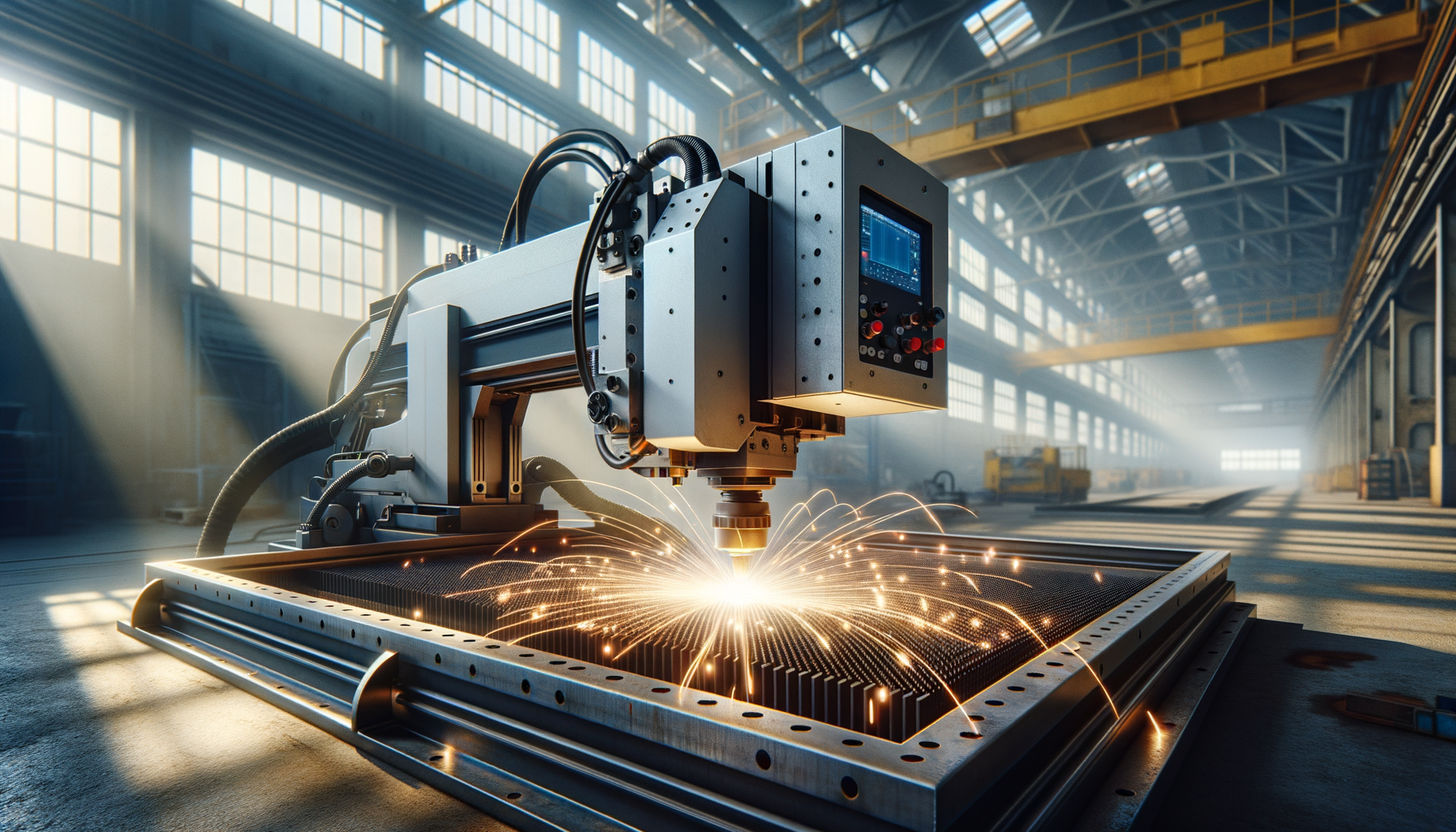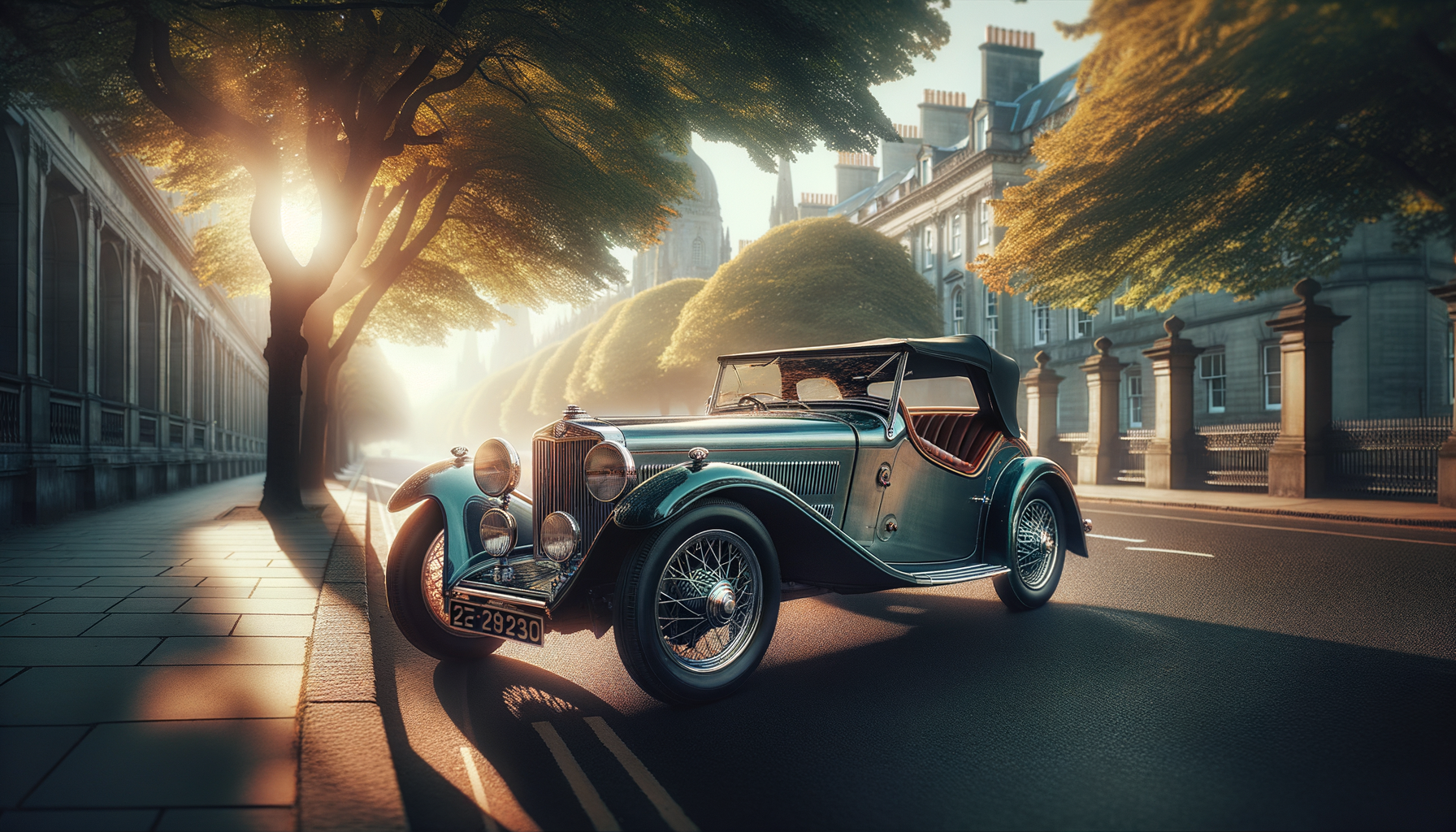
How to Find Affordable Classic Cars: A Comprehensive Guide
The Allure of Classic Cars
Classic cars captivate enthusiasts with their timeless beauty and historical significance. These vehicles are not just modes of transportation; they are artifacts that tell stories of bygone eras. The charm of a classic car lies in its design, craftsmanship, and the nostalgia it evokes. Owning a classic car is like possessing a piece of history, connecting the present with the past. The unique aesthetics and engineering marvels of classic cars make them highly sought after by collectors and casual admirers alike.
What defines a classic car can vary, but generally, it refers to vehicles that are at least 20 to 30 years old. These cars represent a significant period in automotive history, showcasing the evolution of technology and design. Many classic cars were produced in limited numbers, adding to their exclusivity and appeal. The allure of these cars is often enhanced by their rarity and the stories associated with their production and ownership.
For many, the journey of finding a classic car is as thrilling as owning one. Whether it’s a vintage sports car or a retro family vehicle, each classic car has its own personality and quirks. Enthusiasts often spend years searching for the right car that fits their preferences and budget. The process involves extensive research, networking with other collectors, and sometimes even traveling long distances to inspect potential purchases.
Researching Classic Car Models
Research is a crucial step in acquiring a classic car. Understanding the different models, their historical context, and market value can help potential buyers make informed decisions. There are numerous resources available for researching classic cars, including books, online forums, and clubs dedicated to classic car enthusiasts.
When researching, consider factors such as the car’s production year, rarity, and condition. Some models are more desirable due to their limited production or unique features. It’s important to verify the authenticity of a classic car, ensuring that it retains its original parts and has not undergone extensive modifications. This authenticity can significantly impact the car’s value and appeal.
Prospective buyers should also be aware of potential restoration costs. While some classic cars may be in pristine condition, others may require significant investment to restore them to their former glory. Understanding the costs and availability of replacement parts is essential for budgeting purposes. Engaging with online communities and attending car shows can provide valuable insights and firsthand experiences from other enthusiasts.
- Consider joining classic car clubs for networking opportunities.
- Utilize online forums to gather information about specific models.
- Attend car shows to see classic cars in person and speak with owners.
Evaluating Condition and Authenticity
Evaluating the condition and authenticity of a classic car is a critical aspect of the buying process. A thorough inspection can prevent future headaches and ensure that the investment is worthwhile. When inspecting a classic car, pay attention to both the exterior and interior condition. Look for signs of rust, damage, or wear and tear that could affect the car’s performance or value.
The authenticity of a classic car is determined by its originality. Cars that retain their original parts and have not undergone significant modifications are generally more valuable. Verify the car’s history and maintenance records to ensure that it has been well cared for over the years. Matching numbers, which refer to the alignment of the car’s engine, transmission, and other key components with its original specifications, are often a sign of authenticity.
Consider hiring a professional appraiser or mechanic who specializes in classic cars to conduct a thorough evaluation. They can provide an unbiased assessment of the car’s condition and help identify any potential issues that may not be immediately apparent. This step is particularly important if you are new to classic car buying and lack the expertise to make an informed evaluation.
- Check for matching numbers to verify authenticity.
- Inspect for rust or damage that may require expensive repairs.
- Review maintenance records to understand the car’s history.
Navigating the Market: Auctions and Private Sales
The market for classic cars is diverse, with options ranging from private sales to high-profile auctions. Each avenue offers distinct advantages and challenges, requiring buyers to carefully consider their approach. Auctions can be exhilarating, offering a wide range of classic cars, sometimes including rare and unique models. However, the fast-paced environment can also lead to impulsive decisions.
Private sales, on the other hand, allow for more negotiation and personal interaction with the seller. This can be beneficial for buyers who prefer a more controlled and relaxed purchasing process. It’s important to conduct due diligence, regardless of the purchasing method. Verify the seller’s reputation, and if possible, request a third-party evaluation of the car before finalizing the purchase.
Online platforms have become increasingly popular for buying and selling classic cars. These platforms offer convenience and access to a global market, but they also come with risks. Ensure that any online transaction is secure and that you have thoroughly researched the car and seller before proceeding. Whether through an auction, private sale, or online platform, patience and diligence are key to securing a deal that aligns with your expectations and budget.
- Research auction houses for their reputation and specialty in classic cars.
- Engage with sellers during private sales to negotiate terms and conditions.
- Use secure online platforms and verify seller information before purchasing.
Maintaining and Enjoying Your Classic Car
Once you’ve acquired your classic car, maintaining it is crucial to preserving its value and ensuring that it remains a source of enjoyment. Regular maintenance is key, as classic cars often require more attention than modern vehicles. Developing a maintenance schedule can help prevent issues and prolong the car’s life.
Consider joining a classic car club for access to resources and advice from fellow enthusiasts. These clubs often organize events and gatherings where members can share their experiences and knowledge. Additionally, they can provide recommendations for mechanics and suppliers who specialize in classic cars.
Driving a classic car is an experience like no other. The feel of the steering wheel, the sound of the engine, and the attention it garners on the road make owning a classic car a unique pleasure. However, it’s important to drive with care, as these cars may not have the same safety features as modern vehicles. Enjoying your classic car responsibly ensures that it remains a cherished possession for years to come.
- Create a regular maintenance schedule to keep the car in top condition.
- Join a classic car club for community support and resources.
- Drive responsibly to preserve the car’s condition and safety.


